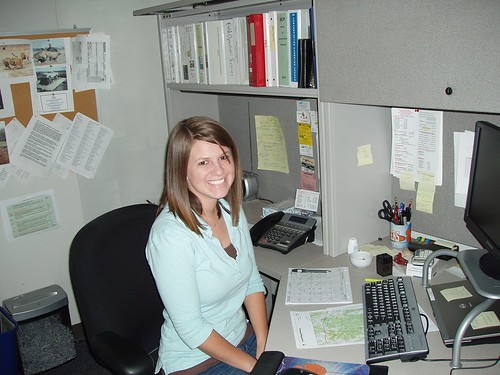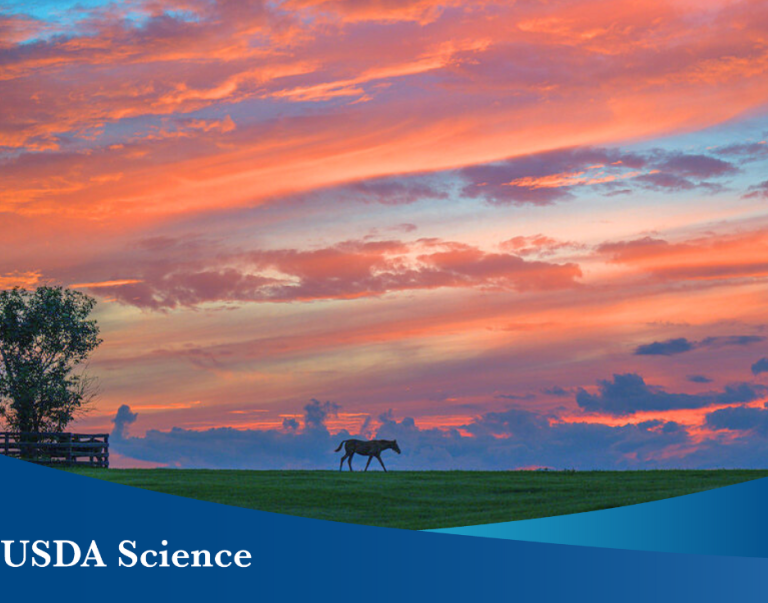Overwhelmed doesn’t even begin to describe the way I felt on the first day of my internship with USDA’s Natural Resources Conservation Service. There was so much to learn—program acronyms, database information, how to do a field check…But I was told by my co-workers that I would learn fast.
And two and a half months and one bottle of Tylenol later, I realized that they were right. I was catching on. Slowly.
My daily schedule was never the same. In one day we could be checking finished practices from a contract, talking to farmers, and using Global Positioning System (GPS).
It was always interesting to see how each farmer operated and neat to watch practices be implemented from beginning to end. Seeing the finished product and how it benefits not only the farmer, but also the environment, was amazing. I’m proud that I can say I worked for an agency that does that.
One of my most memorable experiences was going out for almost four hours with wildlife biologists Krista Noel and Sudie Thomas in 110-degree weather to search for rare plant species. I was completely lost—I know hardly anything about plants—but they tried their best to educate me. What I remember most is learning what poison ivy looks like (we were surrounded by it), my amazing farmer’s tan afterwards, and the bug bites. (We found only two out of the five plants we were looking for.)
I grew up on a farm in Dillon County, so I knew about NRCS, but just didn’t know all the things that they do—it’s a lot! My internship has shown me just how strong the relationships this agency has with its farmers and other landowners is, and how much each benefit from working with each other.
Once I graduate in May of 2011, I cannot wait to begin my full-time career giving back to the people who give so much to us. I know I have a long way to go but I hope one day that I can be as well trained and knowledgeable as the people I have had the privilege to work under.
Heather Coleman interned with the South Carolina NRCS Dillon Field Office last summer. She is a senior at Clemson University and will graduate this May with a bachelor’s degree in agricultural education.
Check out more conservation stories on the USDA blog.
Follow NRCS on Twitter.



